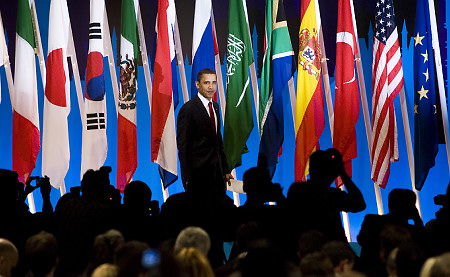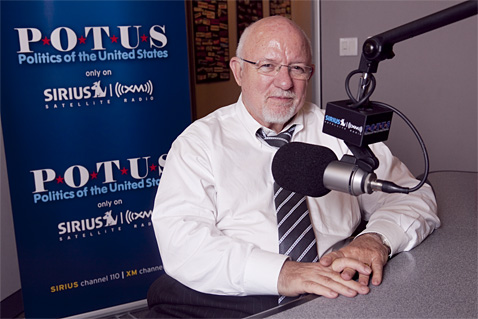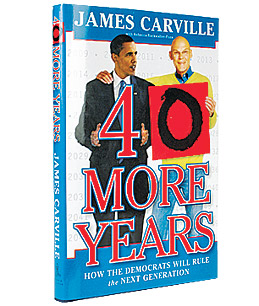 Public financing of elections sounds good, but in practice it always turns into a scam, just like anything else involving “free” money.
Public financing of elections sounds good, but in practice it always turns into a scam, just like anything else involving “free” money.
The Left-wing Working Families Party (WFP) — that’s the party founded by ACORN and New York public employee unions — is now calling for taxpayer-funded campaigns, using the arrest of senior state legislators on corruption charges as the news hook.
It’s laughable considering that the WFP already uses taxpayer money to fund elections — the money unions legally snatch from the paychecks of their members, who are involuntarily “unionized” upon hiring.
The WFP sees an opportunity in taxpayer-funded campaigns to prohibit anything but public money in New York elections. Because Democrats outnumber Republicans by more than 2.5 million voters in the Empire State, that would pretty much kill off whatever is left of the GOP. Republicans, who generally want to spend less on government, virtually never get the support of unions and other government-funded organizations, which provide Democrats running for office tens of thousands of dollars in “in kind” contributions every election cycle — that is, boots on the ground, phone banks, mailings to their membership, email blasts, etc. Under public financing, Republicans would be prohibited from countering that with private donations.
New York City has a campaign finance system that is hailed as the best in the nation. But anyone who has studied it closely — or who has worked with it — knows it is nothing but a cash cow for incumbents.
The system matches every campaign dollar raised from a New York City resident 6-1, if candidates agree to limit their spending. So, for example, if a candidate raises $100 from a friend, it miraculously becomes $700 after some requisite bureaucratic thwaks to the head from the Soviet-like New York City Campaign Finance Board. A friend and former senior city election official burst into laughter when first hearing of that matching ratio. “Anyone guaranteeing a six-to-one match on your money is begging abuse,” he noted, shaking his head. In this case, it is the taxpayer getting screwed.
There are 51 City Council elections in New York City every four years: a mayoral race; five races for Borough President; one race for comptroller, and another for something counterintuitively called the “Public Advocate.” A handful of these races are competitive. The rest are won by margins like 93-7. Or 88-12. Or, when they are close, 75-25.
But that doesn’t stop incumbents from loading up on public cash. They use it to hire friends and consultants, to buy laptops, desktops, Blackberries, Flip cameras, camera cameras, and office supplies. And they keep it all after the election.
All that public money — city taxpayers spent $44 million on campaigns in 2009 — has done nothing to make democracy work better. In fact, in most cases one could argue, it has made campaigns less competitive. Incumbent have networks of small donors who allow them to “max out” (get the maximum amount of matching dollars available by law) within days or weeks, while challengers have to start from scratch.
It’s no wonder the WFP wants publicly-financed state elections. It will save them money they can transfer into federal races, finish off the GOP in New York, and re-elect the politicians who give them everything they want at the bargaining table. All in the name of “good government.”








